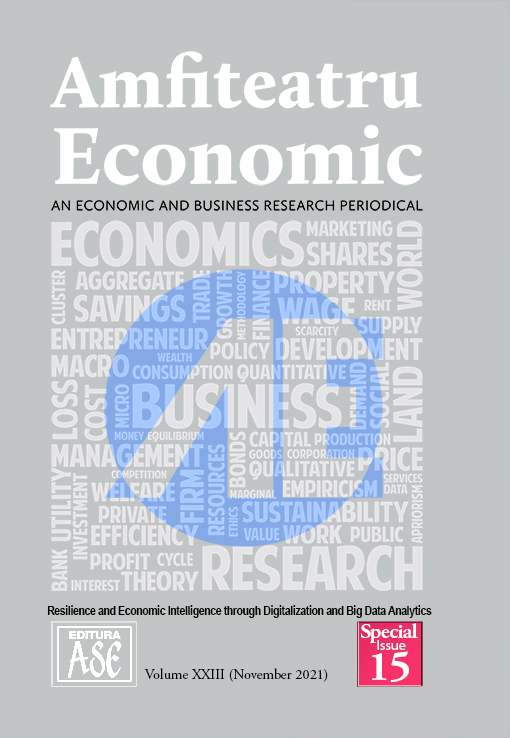A Real Data-Driven Clustering Approach for Countries Based on Happiness Score
A Real Data-Driven Clustering Approach for Countries Based on Happiness Score
Author(s): Aditya Chakraborty, Chris P TsokosSubject(s): Business Economy / Management
Published by: EDITURA ASE
Keywords: Clustering Algorithms; Subjective Well Being (SWB); Stability Measures; Machine Learning Classification Algorithms; Economic Indicators;
Summary/Abstract: In machine learning and data science literature, clustering is the task of dividing the observations (data points) into several categories in such a way that data points falling into one group are being dissimilar than the data points falling to the other groups such that the variation within a group is minimized and the variation between the groups is maximized. It falls under the class of unsupervised learning techniques. It is primarily a tool to classify individuals on the basis of similarity and dissimilarity between them. Our present study utilizes the world happiness data of 156 countries collected by the Gallup World Poll. Our study proposes a useful clustering approach with a very high degree of accuracy to classify different countries of the world based on several economic and social indicators. The most appropriate clustering algorithm has been selected based on different statistical methods. We also proceed to rank the top ten countries in each of the three clusters according to their happiness score. The three leading countries in terms of happiness from cluster 1 (medium happiness), cluster 2 (high happiness), and cluster 3 (low happiness) are Oman, Denmark, and Guyana, respectively, followed by United Arab Emirates, Finland, and Pakistan. Finally, we use four popular machine learning classification algorithms to validate our cluster-based algorithm and obtained very consistent results with high accuracy.
Journal: Amfiteatru Economic
- Issue Year: 23/2021
- Issue No: SI 15
- Page Range: 1031-1045
- Page Count: 15
- Language: English

